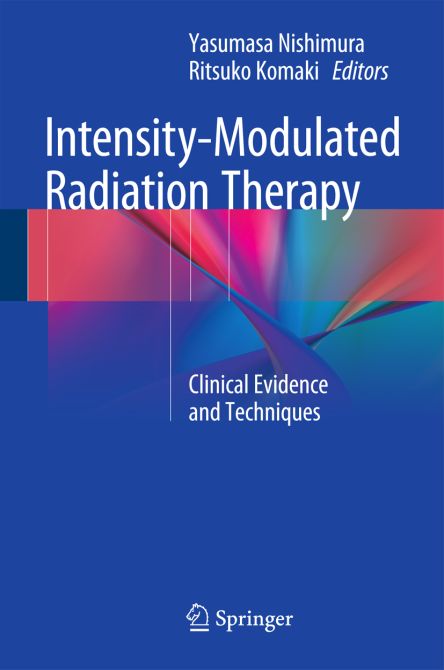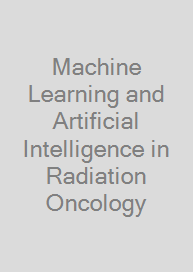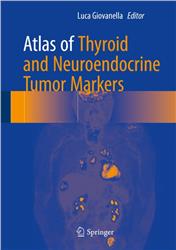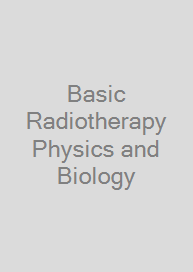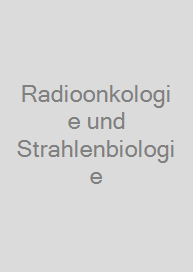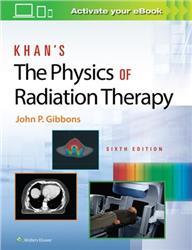Intensity-Modulated Radiation Therapy
Clinical Evidence and Techniques
| Auflage | 2015 |
| Seiten | 453 p. 121 illus. |
| Verlag | Springer |
| ISBN | 9784431554851 |
| Artikel-Nr. | 595694 |
Lieferzeit ca. 5 Werktage
Produktbeschreibung
Successful clinical use of intensity-modulated radiation therapy (IMRT) represents a significant advance in radiation oncology. Because IMRT can deliver high-dose radiation to a target with a reduced dose to the surrounding organs, it can improve the local control rate and reduce toxicities associated with radiation therapy. Since IMRT began being used in the mid-1990s, a large volume of clinical evidence of the advantages of IMRT has been collected. However, treatment planning and quality assurance (QA) of IMRT are complicated and difficult for the clinician and the medical physicist. This book, by authors renowned for their expertise in their fields, provides cumulative clinical evidence and appropriate techniques for IMRT for the clinician and the physicist. Part I deals with the foundations and techniques, history, principles, QA, treatment planning, radiobiology and related aspects of IMRT. Part II covers clinical applications with several case studies, describing contouring and dose distribution with clinical results along with descriptions of indications and a review of clinical evidence for each tumor site. The information presented in this book serves as a valuable resource for the practicing clinician and physicist.

Bleiben Sie informiert!
Melden Sie sich für den frohberg.de-Newsletter an und nutzen Sie jetzt Ihre Vorteil:- Willkommens-Dankeschön: Beatmungsmaske Rescue Me
- Aktuelle Neuerscheinungen und Empfehlungen
- Exklusive Angebote und Kongress-Highlights
